On May 8, 2025, the 8th Session of China Open Macroeconomic Forum (COME) was held in Room 401 of the Administration Building at Puhe Campus of Liaoning University (LNU). The forum, focusing on the theme of ‘China-US Strategic Rivalry and Global Order’, was joined by leading experts to conduct in-depth discussions. The event was chaired by Professor Huo Weidong, Deputy Dean of the Division of Economics of LNU.
.
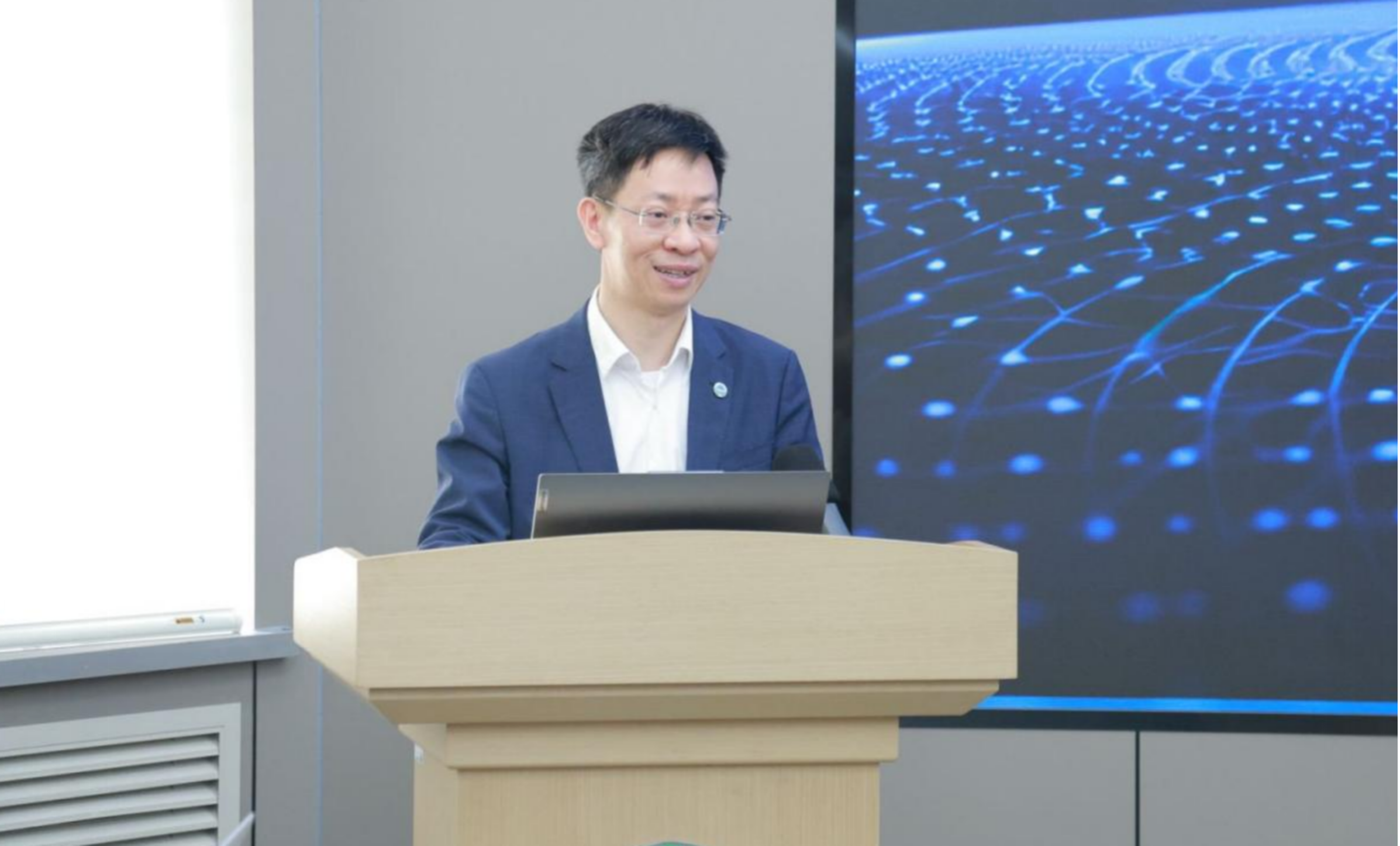
Professor Yu Miaojie, a deputy to National People’s Congress, a fellow of the International Economic Association and President of LNU, delivered a keynote speech titled ‘China’s High-Level Opening-Up Strategy Amid the US-China Trade War’. He provided an in-depth analysis of the logic behind Trump’s trade war and made three key predictions regarding US-China economic and trade relations: Firstly, high tariffs will backfire, driving up domestic prices in the US and hindering manufacturing reshoring, ultimately forcing the US back to the negotiating table to seek dialogue with China. Secondly, high tariffs may reshape regional trade dynamics, deepening the triangular trade cooperation among China, ASEAN, and the EU while accelerating a ‘de-Americanization’ trend. Thirdly, the USMCA (US-Mexico-Canada Agreement) may face disintegration risks, potentially downgrading the North American free trade zone to a US-Canada alliance, with Mexico being excluded from the system. Professor Yu emphasized that China is transitioning from factor-based opening to institutional opening and playing a leading role in upholding the multilateral system and shaping new globalization rules. History tells us that the dual drivers of industrial upgrading and ‘opening up’ will empower China to break through containment and achieve sustainable development.
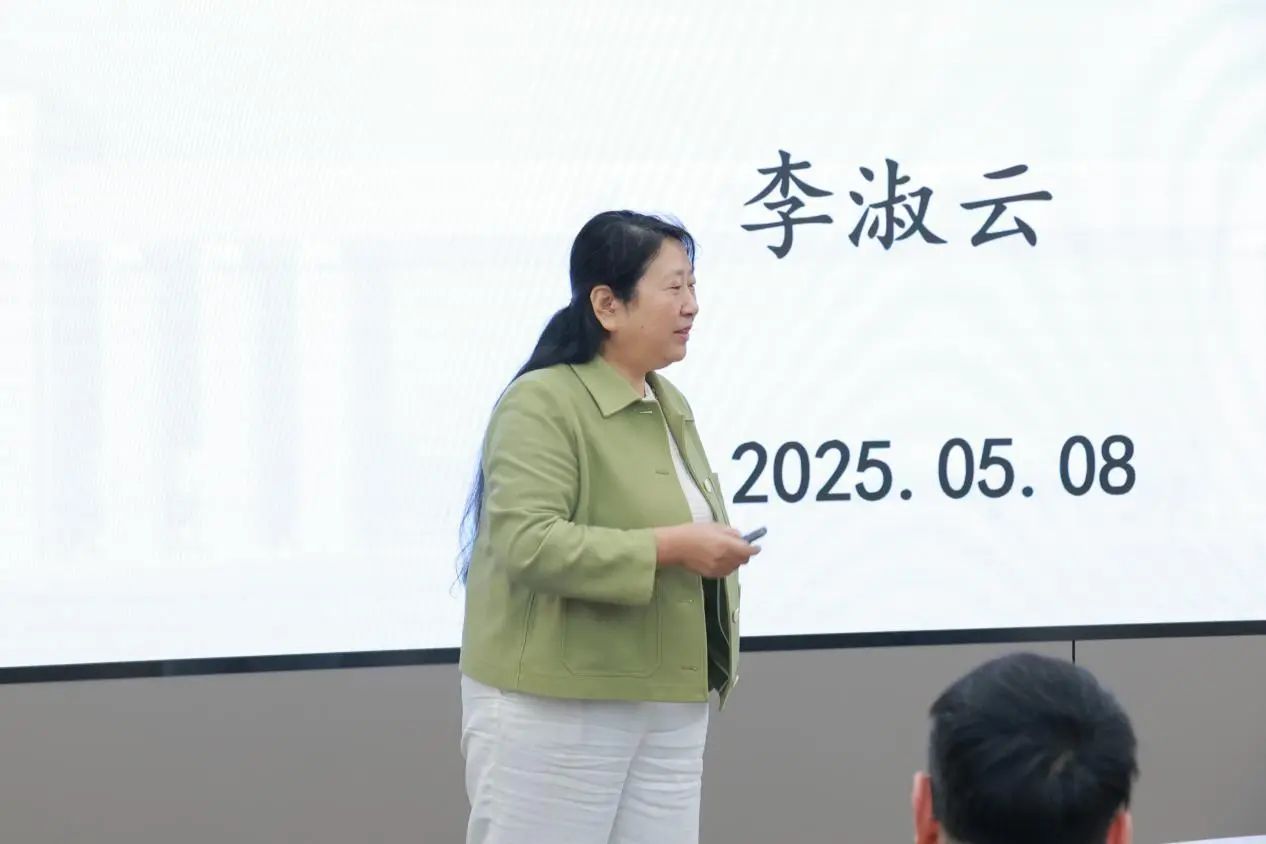
Professor Li Shuyun, a distinguished expert selected for China’s ‘National Hundred, Thousand, and Ten Thousand Talents Program’, recipient of the Special Government Allowance from the State Council, and Deputy Director of the Academic Committee of LNU, delivered a keynote speech titled ‘New Dynamics and Challenges in Great Power Competition’. She emphasized that the period from 2022 to 2032 represents a crucial decade for the restructuring of the international order. From the US perspective, she noted, China poses significant challenges to the current Western-dominated international order, with Washington viewing Beijing as possessing both the intent and capability to reshape global governance — a fundamental rationale behind the Trump administration’s imposition of high tariffs on Chinese goods. Analyzing through the lens of hegemonic stability theory, Professor Li observed that the US has shown decreasing willingness to provide global public goods while attempting to strengthen control over strategic assets like Greenland and the Panama Canal. She pointed out that America’s trade wars and tariff policies have triggered global economic instability, prompting widespread countermeasures from affected nations. Highlighting technological competition, Professor Li stressed China’s growing capabilities in cutting-edge fields such as semiconductor manufacturing and controlled nuclear fusion. “China possesses both the technological prowess and strategic patience to compete with the US in these critical domains,” she asserted, calling for sustained confidence in promoting globalization. In her concluding remarks, Professor Li underscored China’s commitment to collaborating with the international community in building a more equitable and sustainable world order. “China stands ready to work with all nations to forge a better global governance system,” she affirmed.
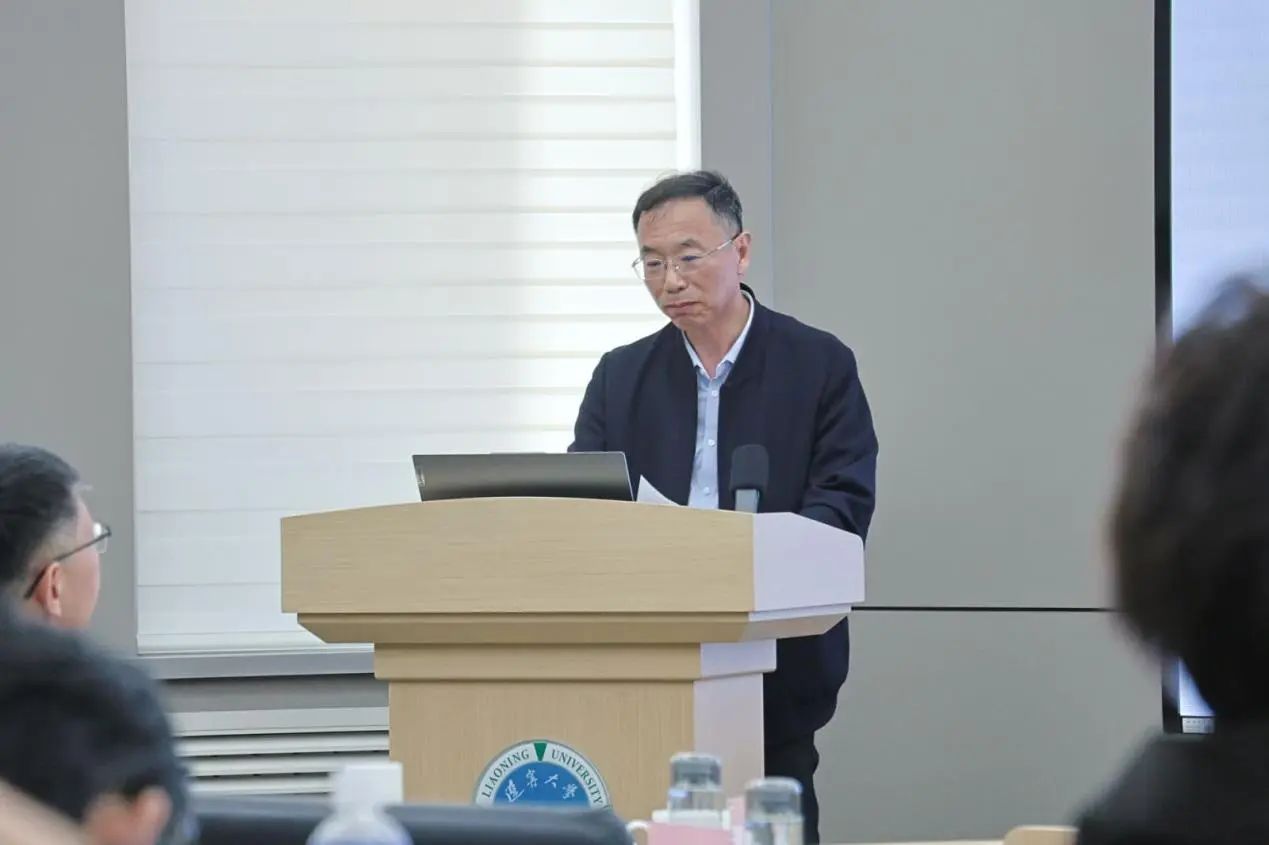
Researcher Zhao Qinghai, recipient of the Special Government Allowance from the State Council, Director of the Editorial Department of International Studies at the China Institute of International Studies, and Director of the Center for Maritime Security and Cooperation, delivered a speech titled ‘The Impact of the Trump Administration on the International Order’, analyzing the evolution of the international order and China’s response strategies. He began by distinguishing between key concepts such as the international order, world order, and liberal international order, noting that the international order primarily focuses on norms and institutions among states, while the world order encompasses broader socioeconomic dimensions. China officially prefers the term international order, emphasizing the preservation of the post-war international system centered on the UN Charter while advocating for its reform and improvement. He then analyzed how the Trump administration’s America First policy dealt a triple blow to the liberal international order: weakening global governance by withdrawing from international mechanisms like the Paris Agreement; creating a public goods deficit through trade protectionism and isolationism; eroding trust in US leadership by undermining alliance systems, accelerating a crisis of confidence in American hegemony. Despite the US still accounting for 26% of global GDP and maintaining military-technological superiority, he stressed that its dominance has significantly declined, with the international structure transitioning from bipolarity to multipolarity. In response, China positions itself as a reformer rather than a disruptor of the existing order. Through multilateral platforms like BRICS and the Shanghai Cooperation Organization (SCO), it promotes reforms in global governance while advancing new concepts such as a ‘community with a shared future for mankind’. The current challenge lies in balancing geopolitical pressures from the US strategic pivot with domestic development needs during China’s economic transition. The core strategy remains enhancing state governance capacity, pursuing high-quality development to address imbalances in meeting public expectations, thereby laying a solid foundation for international order transformation.
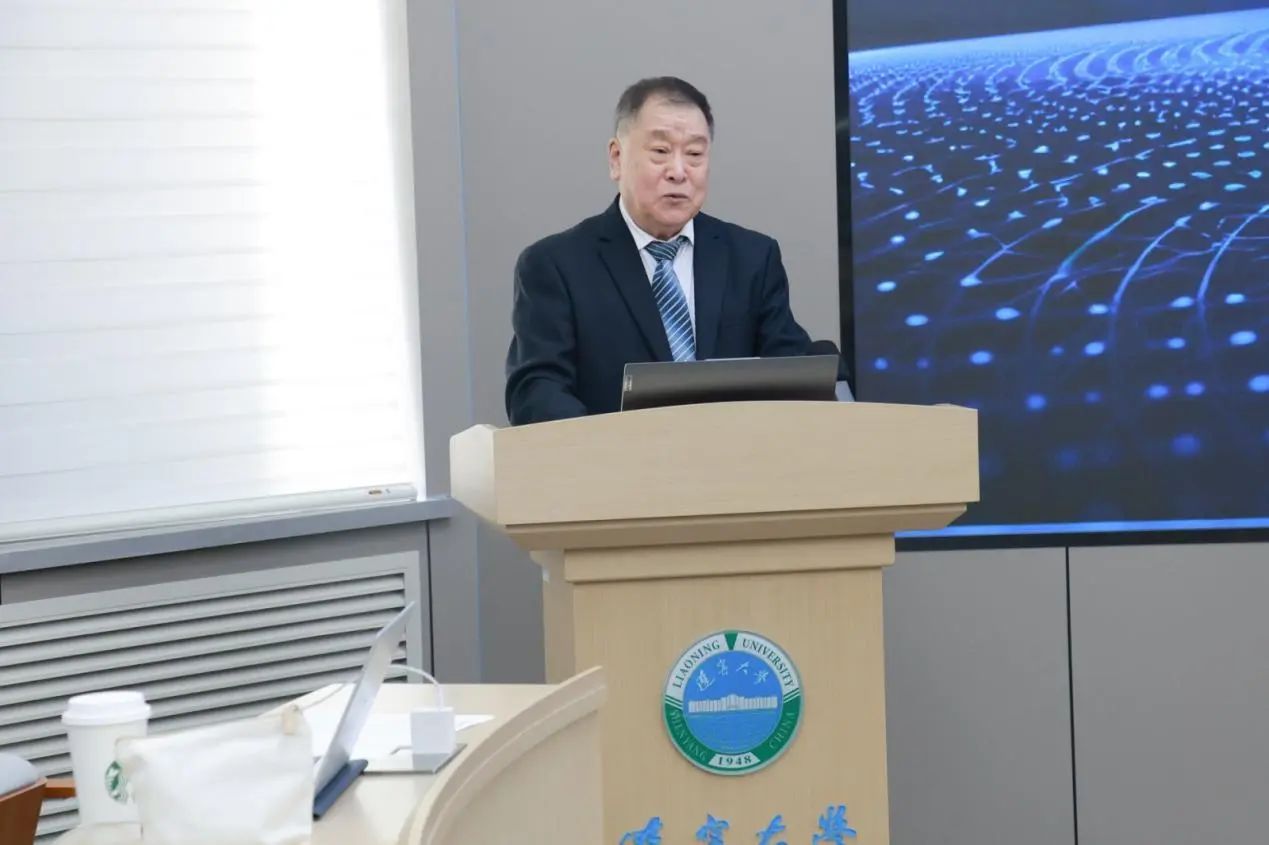
Professor Lyu Chao, Director of the Institute of American and East Asian Studies of LNU, emergency management expert for the Liaoning Provincial Government, and local expert for joint operational command decision-making support in Liaoning Province, delivered a keynote speech titled ‘The Impact of the US-China Tariff War on Bilateral Relations’. Professor Lyu noted that US-China relations have long maintained a state of conflict without rupture. However, the tariff war has escalated to unprecedented levels during Trump’s second term, marking the most severe economic confrontation since diplomatic relations were established. While the US seeks to dominate trade and curb China’s economic growth, emerging trends suggest this strategy may prove unsustainable. In responding to American containment, China has demonstrated strategic resolve. The tariff war has created mutual impacts across sectors: for the US, multiple industries face disruption, ordinary citizens bear rising costs, manufacturing reshoring struggles, and rare earth export controls threaten defense industries. China’s leverage lies in two critical pressure points: maturing US treasury debt obligations and upcoming midterm elections. Professor Lyu predicted a potential lose-lose outcome from prolonged confrontation. Looking ahead, he emphasized China’s determination to advance its centennial development goals despite the US opposition, stating: “No nation can ultimately obstruct China’s developmental trajectory”. The speech concluded with an analysis of how great power competition may reshape 21st century economic governance frameworks.
The distinguished experts delivered insightful and eloquent speeches, presenting attendees with an exceptionally enriching academic feast. Their profound yet accessible analyses provided fresh perspectives and innovative approaches for in-depth research on China-US strategic competition and global order amidst worldwide uncertainties.
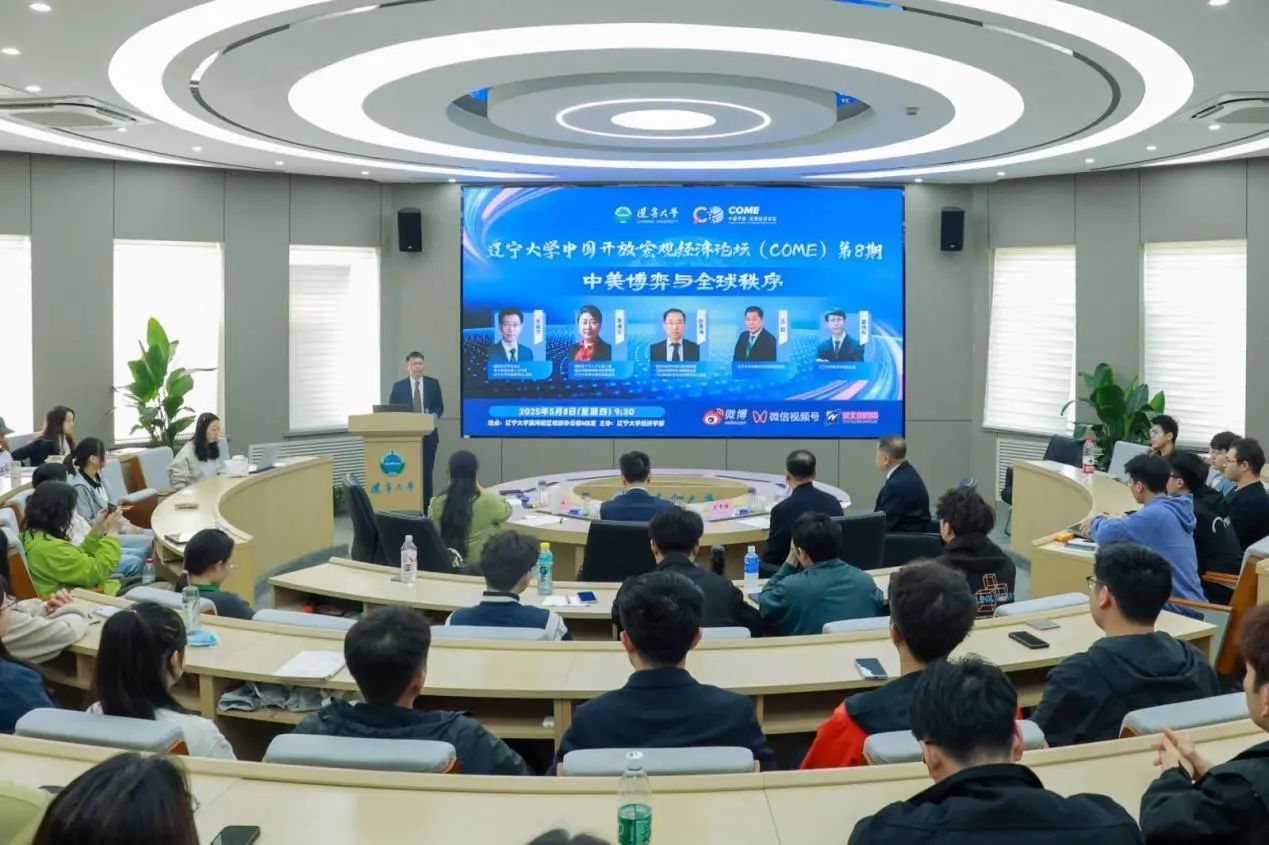
The forum was hosted by the Division of Economics of LNU and organized by the School of International Economics and International Relations. The event was live-streamed across multiple platforms including Sina Micro-Blog, WeChat Video Channel, and Northeast News Network. By the conclusion of the forum, the accumulative online viewership had nearly reached 125,000.